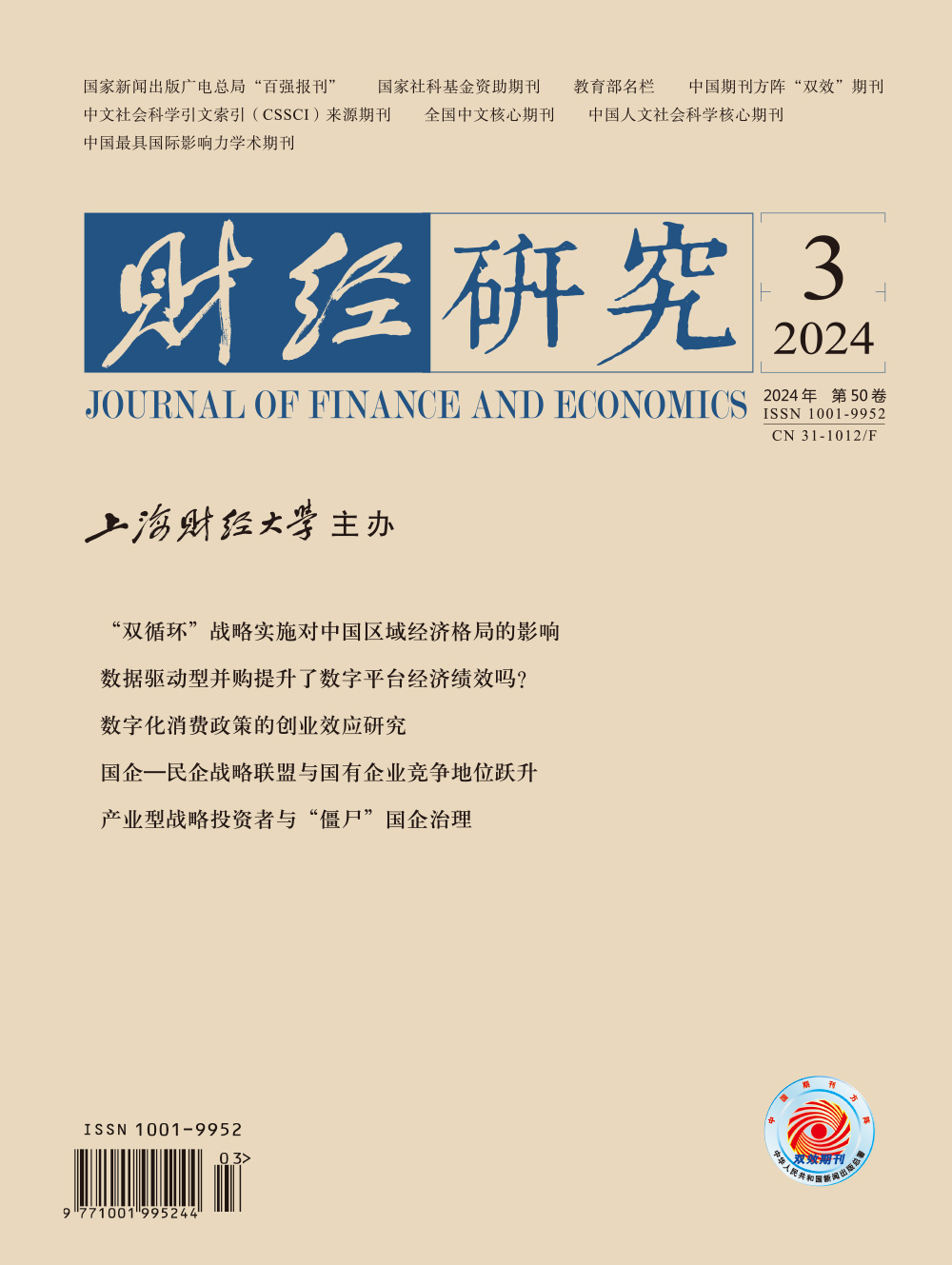Mixed-ownership reform is an important direction of the reform of state-owned enterprises (SOEs) in China. In the mixed-ownership reform, the establishment of market-oriented governance mechanism within SOEs can enable non-state-owned shareholders with stronger profit-seeking motivation to fully participate in the operation and governance process. With the governance improvement effect resulted from alleviating policy burdens and management agency problems, the mixed-ownership reform can promote the law of “capital following profitability” to be more fully reflected in the investment process of SOEs. However, the reduction of the shareholding ratio of state-owned shareholders may lead to increased constraints of SOEs in financing and other resources, and negatively affect the investment flexibility of SOEs through the resource decrease effect.
The empirical results show that the implementation of mixed-ownership reform significantly improves the investment flexibility of SOEs. In further analysis, the mechanism test shows that the governance improvement effect and resource decrease effect brought by the mixed-ownership reform of SOEs exist at the same time, and the former is generally greater than the latter. The positive impact of mixed-ownership reform on the investment flexibility of SOEs is more significant in the sample of SOEs with a stronger governance improvement effect (i.e., establishing market-oriented governance mechanism after the reform) and a weaker resource decrease effect (i.e., without significantly reduced government subsidies after the reform). The economic consequence test shows that the mixed-ownership reform significantly increases the real options value and overall market value of SOEs.
The contributions of this paper are as follows: First, based on the important purpose of mixed-ownership reform to improve the marketization degree of the operating mechanism of SOEs, it focuses on the investment flexibility that can reflect the marketization degree of corporate investment mechanism, which is highly in line with the original intention of the mixed-ownership reform of SOEs, and provides a new perspective and empirical evidence based on the marketization of operating mechanism for the research on the mixed-ownership reform. Second, it provides an empirical explanation based on the governance improvement effect and the resource decrease effect for the differences in the field of the mixed-ownership reform of SOEs in the past. Third, it examines the impact of the mixed-ownership reform of SOEs on corporate investment decisions under two different effects, and the conclusions can provide reference for government departments to better evaluate the economic results of the mixed-ownership reform of SOEs in the construction of market-oriented governance mechanism, and further improve the mixed-ownership system and promote the reform of SOEs.





 3695
3695  6717
6717

